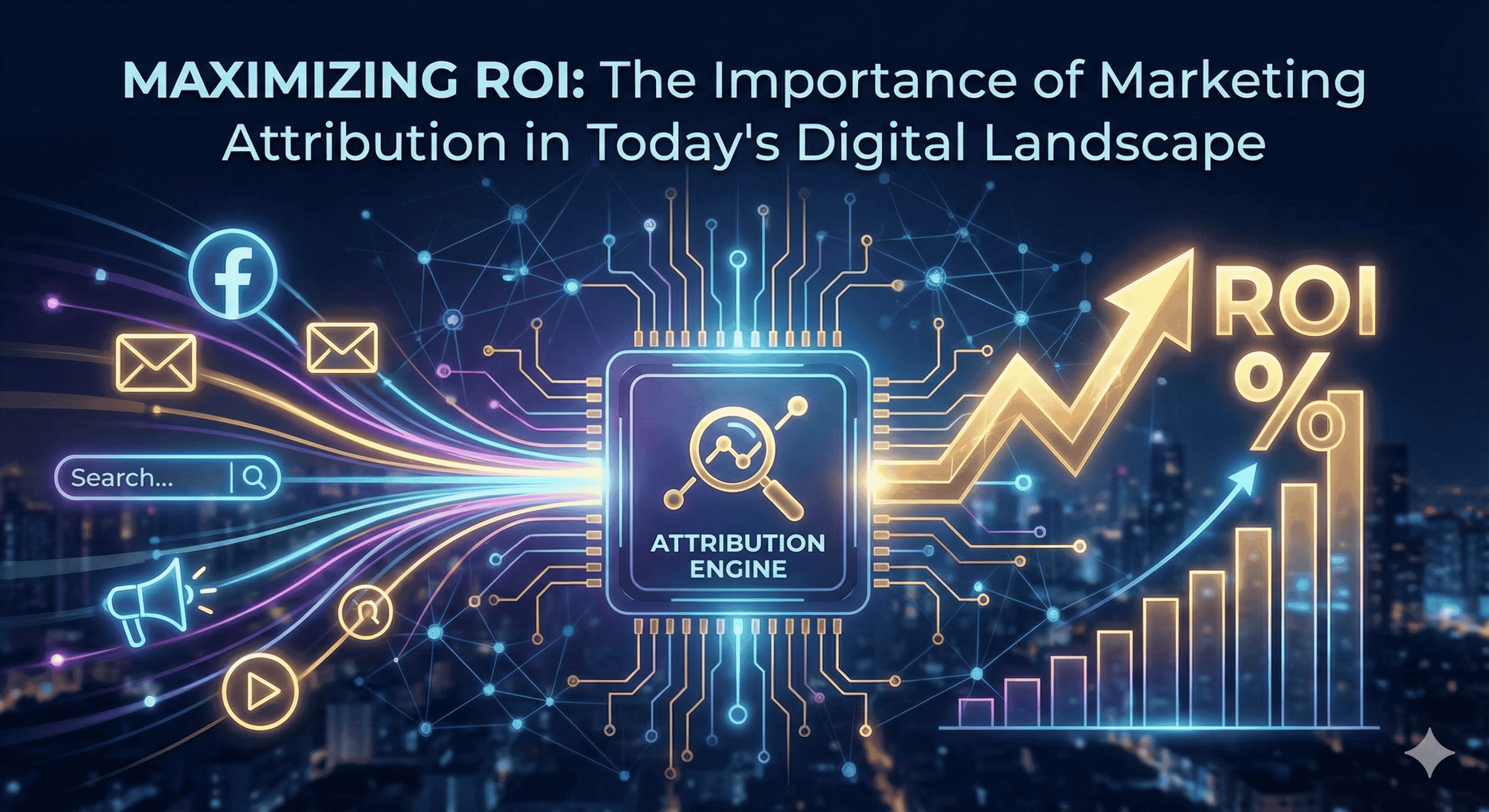Unlocking Potential: How Marketing Cloud Platforms Transform Customer Engagement
In an era marked by rapid digital advancement, businesses are increasingly prioritizing customer engagement as a critical driver of success. To navigate this complex landscape and realize their strategic goals, organizations are turning to marketing cloud platforms. These technologies not only streamline marketing processes but also enable brands to create personalized, engaging, and meaningful interactions with customers. This article explores how marketing cloud platforms are transforming customer engagement and unlocking new potential for businesses across various sectors.
Understanding Marketing Cloud Platforms
Marketing cloud platforms are comprehensive suites of tools and applications designed to manage and analyze customer relationships and marketing campaigns across multiple channels. They provide functionalities such as data integration, customer segmentation, campaign automation, analytics, and reporting—all aimed at elevating the customer experience.
Enhanced Customer Insights
One of the most significant advantages of marketing cloud platforms is their ability to unify customer data. By centralizing information from various touchpoints—such as social media, email, and website interactions—businesses gain a holistic view of their customers. This data-driven approach allows organizations to identify trends, preferences, and behaviors, empowering them to tailor their marketing strategies effectively.
For instance, companies can analyze how customers interact with their content, identify which products are most popular, and understand customer journey paths. With these insights, brands can create more relevant messaging and reduce the risk of misaligned campaigns.
Personalization at Scale
The modern consumer is increasingly expecting personalized experiences tailored to their unique needs and preferences. Marketing cloud platforms enable businesses to deliver tailored content by using data analytics and segmentation tools. These platforms allow marketers to create personalized email campaigns, targeted advertisements, and relevant content that resonates with different customer segments.
For example, a clothing retailer could use customer data to recommend products based on previous purchases or browsing behavior. By providing personalized experiences, businesses can enhance customer satisfaction and loyalty, ultimately driving increased sales and engagement.
Automation for Efficiency
Marketing cloud platforms significantly reduce manual tasks through automation. This not only streamlines marketing efforts but also allows teams to focus on strategic initiatives rather than routine activities. Automated workflows can manage email campaigns, social media postings, and customer follow-ups, ensuring that the right message reaches the right audience at the right time.
Moreover, automation helps in nurturing leads through the sales funnel. By delivering timely and relevant content based on customer behavior, businesses can effectively guide prospects toward making a purchase decision, thus enhancing conversion rates.
Omnichannel Engagement
Today’s consumers interact with brands across various platforms and devices. Marketing cloud platforms facilitate seamless omnichannel engagement, ensuring consistent messaging regardless of the channel. This integrated approach allows companies to reach customers through email, social media, SMS, and other digital channels without losing the essence of their brand voice.
For example, a beverage company can run a campaign across social media, email newsletters, and in-store promotions simultaneously, creating a unified customer experience. By engaging customers consistently, brands reinforce brand loyalty and recognition.
Real-Time Analytics and Optimization
Marketing cloud platforms provide real-time analytics, enabling businesses to monitor the performance of their campaigns as they unfold. Marketers can track engagement metrics such as open rates, click-through rates, and conversion rates, allowing them to make data-driven decisions on-the-fly.
This iterative process of measurement and adjustment leads to continuous optimization of marketing strategies. Companies can experiment with different messages, channels, and tactics, learning what resonates best with their audience and adapting accordingly.
Conclusion
In a competitive marketplace, the ability to engage customers effectively is paramount. Marketing cloud platforms are transforming customer engagement by providing businesses with the tools needed to unlock their potential. Through enhanced customer insights, automation, personalization, seamless omnichannel engagement, and real-time analytics, these platforms empower organizations to build meaningful customer relationships.
As brands continue to navigate an increasingly digital landscape, investing in a robust marketing cloud platform is not just an option—it’s a necessity. By leveraging the power of these technologies, businesses can foster deeper connections with their customers, driving loyalty and unlocking new opportunities for growth. Ultimately, the future of customer engagement lies in the hands of those who dare to innovate and embrace transformation.







